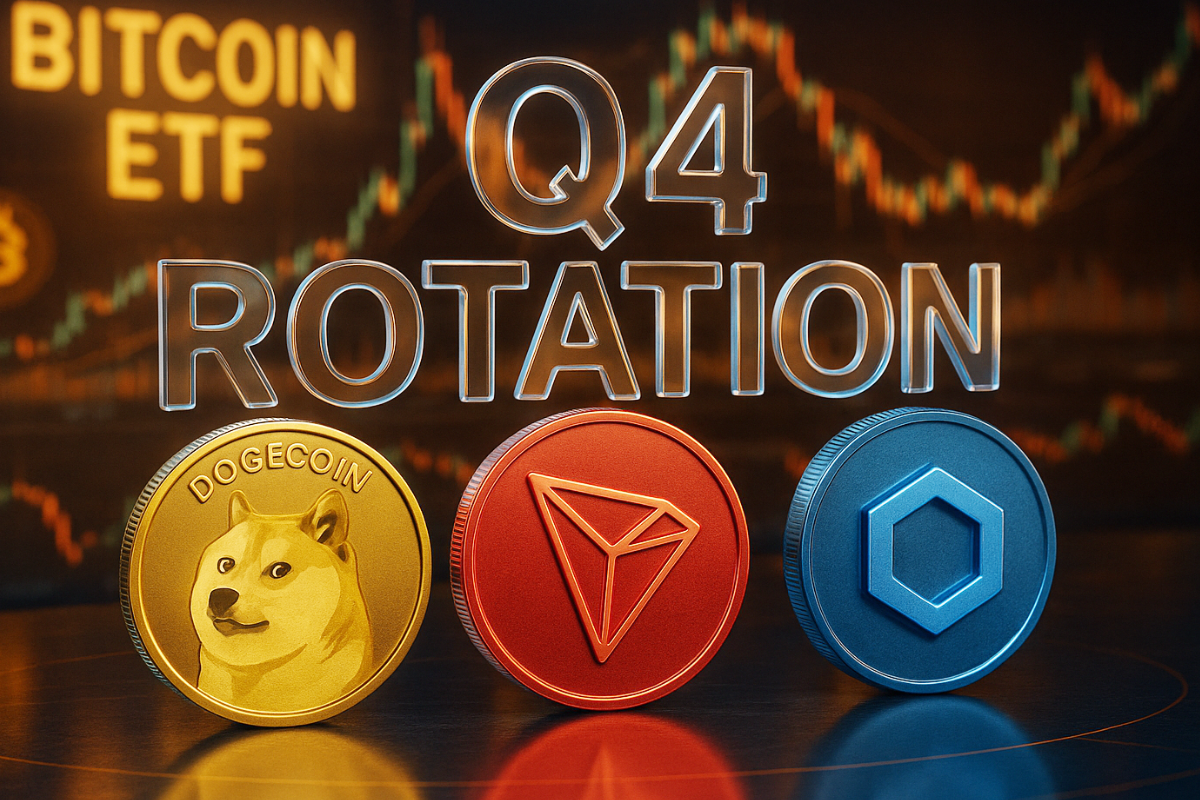Tesla Q3 earnings miss forecasts as Musk clashes with critics over $1T payout
Elon Musk spent most of his time at Tesla’s third-quarter earnings call arguing for his controversial $1 trillion pay package while snapping at shareholder advisory firms that dared to oppose it.
“There needs to be enough voting control to give a strong influence, but not so much that I can’t be fired if I go insane,” Elon said, cutting off his own chief financial officer as the call wrapped after more than an hour. The vote on his record-breaking pay will happen at Tesla’s annual meeting in Austin on November 6.
The call, which started calmly, turned heated when Elon brushed through numbers to chat about his usual tech dreams: AI, humanoid robots, and self-driving software. But for all the futuristic talk, the short-term numbers were less exciting.
Adjusted earnings landed at 50 cents per share, missing the 54-cent estimate. Revenue, however, climbed to $28.1 billion, beating expectations of $26.37 billion. The company’s automotive revenue jumped 6% year over year, rising from $20 billion to $21.2 billion.
The uptick came largely from buyers rushing in before federal EV tax credits expired, a tailwind that may not repeat in the next quarter.
Analysts dissect Tesla’s Q3 report and forecasts
Colin Langan from Wells Fargo kept an underweight rating and a brutal $120 price target, suggesting a 73% downside from Tesla’s last close. He said Tesla threw out “an array of promises for 2026, including robots, semitruck ramps in the second half of 2026, and fully autonomous cybercabs by Q2 2026.”
But he warned the company’s “core business is deteriorating” while Robotaxi and Optimus are likely to take longer to scale.
At UBS, analysts slapped a sell rating with a $247 target, roughly 44% below Tesla’s market value. They said Elon’s team gave “very little in terms of near-term outlook,” calling it “purposeful.” They argued Tesla is trying to move from being a car company to an AI company, but the market already values the AI side at around $900 billion, which leaves little room for mistakes.
Jefferies was less harsh, keeping a hold rating and $300 target, saying Tesla had a “slight EBIT and margin miss after $238 million in non-recurring charges,” but strong free cash flow of $4 billion, boosted by a $2.1 billion working capital inflow. The firm said Tesla’s auto business no longer drives valuation but continues to fund future AI and robotics projects.
Wall Street splits on Elon’s $1T payday and AI narrative
Barclays called it “irrelevant that Tesla missed EPS,” assigning an equal weight rating and a $350 target. The bank said Elon’s focus is now clearly on autonomy and robots, not traditional vehicles.
Goldman Sachs maintained a neutral rating and a $400 target, expecting earnings growth to come from autonomy and robotics, though warned that Elon might be too optimistic in a client note sent on Friday.
Meanwhile, Adam Jonas of Morgan Stanley, one of Elon’s most vocal supporters, gave Tesla an overweight rating with a $410 target, roughly 7% below its recent close. Jonas said “margins were in line” while “$4 billion in free cash flow was triple consensus,” adding Tesla is “navigating a dignified exit from the steering-wheel-having auto business.”
Adam said Tesla’s fate now hinges on Elon’s ability to “steal the fire on autonomy” amid competition from the Mag 7 tech group.
Deutsche Bank analyst Emmanuel Rosner took the most optimistic tone, raising his target slightly from $435 to $440 per share and keeping a buy rating. He said Elon “is clearly dialed in,” adding that the passing of his compensation package “will be important in ensuring that continues.”
Emmanuel said Robotaxi and Optimus are progressing slower than expected but added that the next version of Full Self-Driving software (v14) could mark a turning point. He also said Tesla “may ultimately prove to be the only Western company capable of manufacturing humanoids at scale.”
Get seen where it counts. Advertise in Cryptopolitan Research and reach crypto’s sharpest investors and builders.
You May Also Like

Tokyo Fashion Brand Expands Into Bitcoin and AI

Bitcoin ETF Outflows Ease — DOGE, TRON, and LINK Named the Best Crypto to Buy Before the Q4 Rotation Phase
